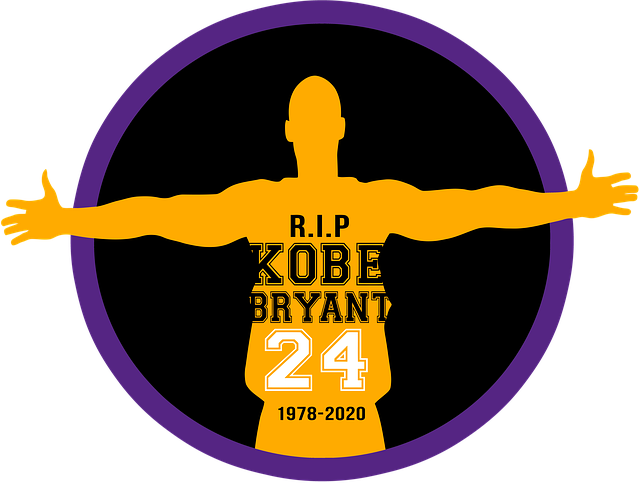
Photo Credit: Google
In the wake of the Kobe Bryant tragedy, there was a massive outpouring of love, respect and compassion from just about every corner of the social media universe. Professional athletes – and not just pro basketball players, either – led the charge, sharing their unique and heartfelt reactions to the loss of a true American icon. And it wasn’t just athletes and fans, though, who seemed to have a unique connection with Kobe. Former President Barack Obama and current President Donald Trump both shared their thoughts on Twitter about the loss of Kobe – and when have the Republicans and Democrats ever agreed on anything in the past four years?
Social media calls a 48-hour truce
For a period of 48 hours or so, it looked like the Internet was finally going to come together and find common cause. Was it really possible that social media platforms could finally get rid of all the nasty, divisive content that has (alas) become all too common these days? Could social media instead become a place where people could connect and unite over shared experiences? Well, if you’ve been following Twitter, Facebook or Instagram over the past few years, you know the answer to that question. Within a period of 48 hours, social media went right back to the hate and divisive content. After sharing emotional thoughts and reflections on an American sports legend, it was right back to the impeachment and bashing Trump and complaining about do-nothing Democrats.
Changing “like” buttons won’t change human behavior
There are a few big takeaway lessons here. Perhaps the biggest lesson here is that all of the small, incremental moves that the big social media companies have tried over the past few years simply aren’t working. This should be a big wakeup call for anyone who thinks that adding extra emoji reaction icons or getting rid of “likes” will solve the problem. No, the problem goes much deeper than this – it gets to the heart of human nature. If the social media platforms want to get rid of the hate and divisive content, they will need to re-engineer themselves from the ground up to account for the peculiarities of human nature.
The end of mass media also means the end of mass culture
Another big lesson here is that mass culture – for better or worse – is coming to an end, and that actually has profound implications for social media. With the demise of mass media, it is getting harder and harder to find individuals who resonate with every part of American society. Remember when there were only three major TV channels, people actually went to the movies, and most people got their news and entertainment from a handful of major media outlets? Those days are over. That perhaps helps to explain why the reaction to Kobe Bryant was so raw and so emotional – Kobe was one of those unique personalities who seemed to transcend sports in the social media era. Even if you never watched an NBA game, you knew who Kobe was.
As much as the big social media companies would like to tell us that they are all about bringing us together, they are really all about tearing us apart via clever algorithms, putting us in our own little echo chambers filled with people who think and look just like us. They are about embracing long-tail culture (and not mass culture). And they are all about creating Andy Warhol-style celebrities – everyone famous for 15 minutes! – rather than about creating lasting legacies and generational giants. #RIPKobe, you will be missed.